The design of asphalt mixer machines in asphalt mixing plant minis and portable asphalt plants balances the need for effective mixing with portability and compactness. This often results in smaller mixing capacities and limited batch production capabilities. When faced with projects that require both small-scale repair tasks and significant pavement laying, optimizing production efficiency is essential. This article discusses strategies for improving overall production efficiency through equipment combinations and process optimization, ensuring that project schedules are met effectively.
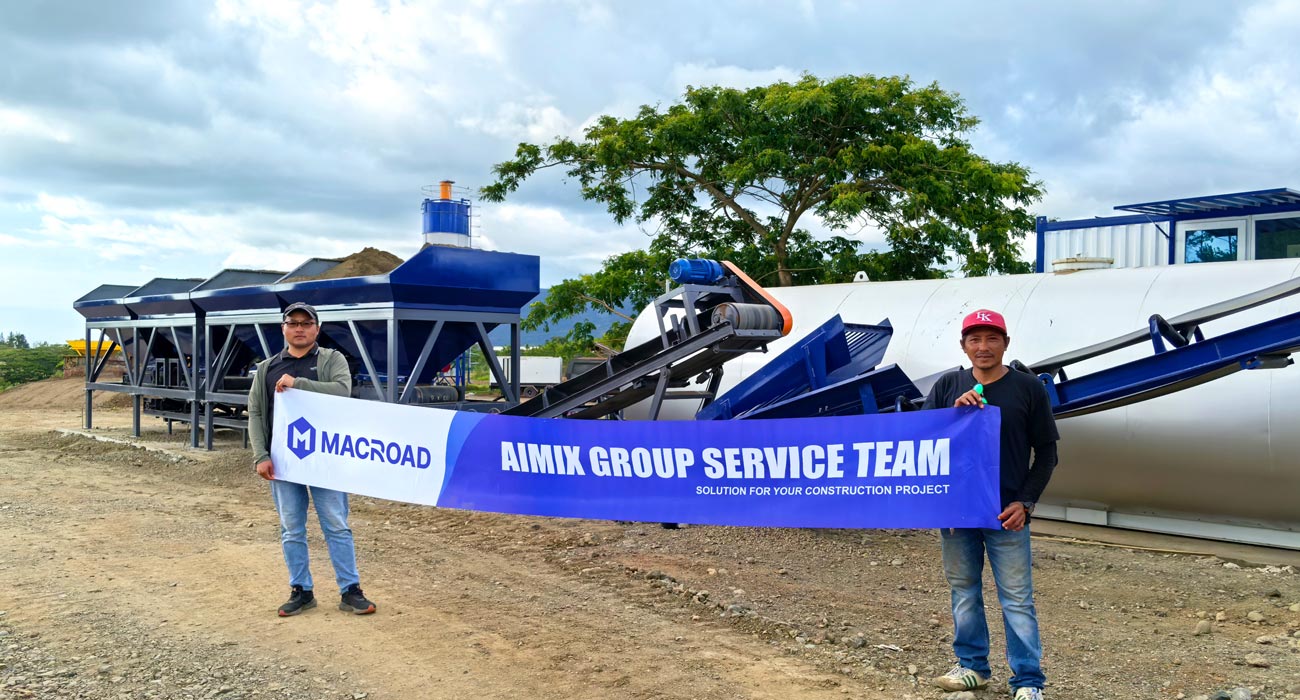
Leveraging Equipment Combinations for Enhanced Production
To address the challenges of small-scale and larger pavement requirements, utilizing multiple small-scale asphalt mixing plants in tandem can be a practical solution. When several asphalt mixing plant mini operate simultaneously, they can collectively increase production capacity while maintaining the flexibility that portable asphalt plants offer.
One crucial aspect of this approach is achieving unified allocation and accurate supply of raw materials across all devices. Implementing a centralized inventory management system allows for real-time monitoring of raw material levels. This system can ensure that each asphalt mixer machine receives the appropriate amount of materials, preventing production stagnation caused by uneven supply. By coordinating the supply chain effectively, project managers can maintain a steady flow of materials to each plant, thereby improving overall efficiency.
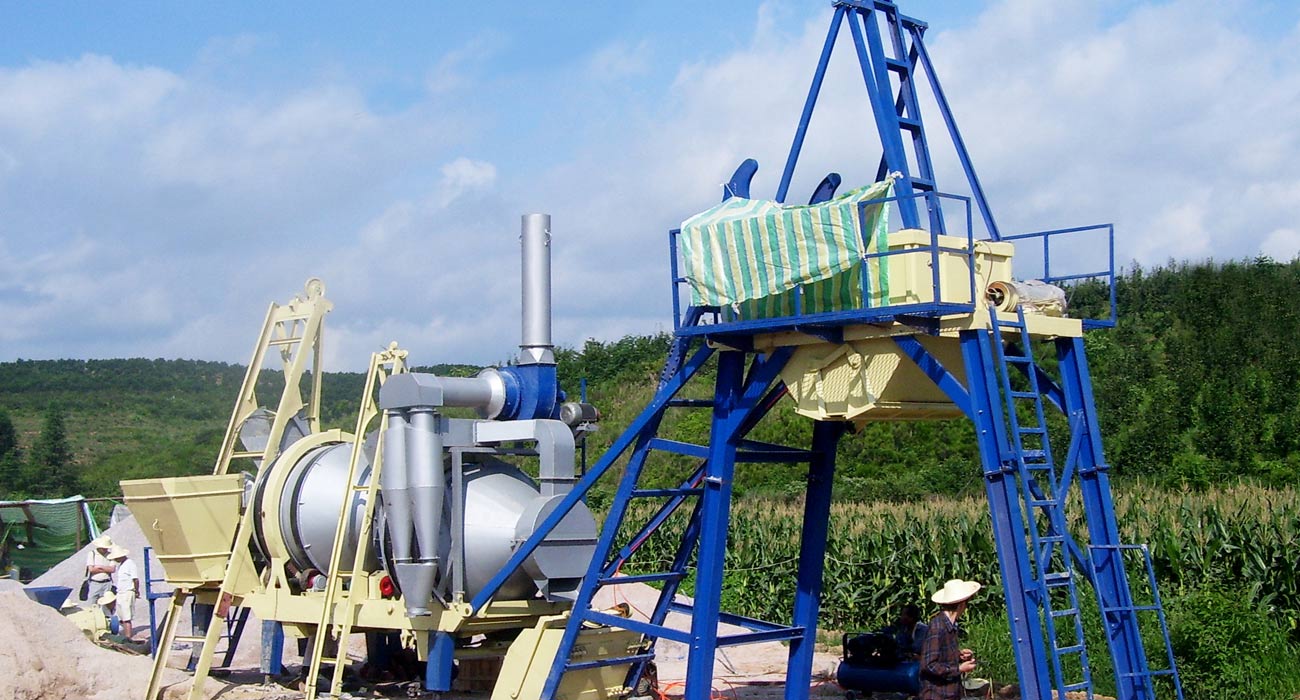
Optimizing Material Transportation Routes
Efficient material transportation is vital for enhancing production rhythm. In a setup where multiple asphalt mixing plant minis are in operation, designing an optimal transportation route can significantly reduce the transfer time of materials between devices.
By mapping out the site and strategically placing the asphalt mixer machines, project managers can minimize distances for material transport. Additionally, utilizing conveyor belts or mobile transport units can expedite the movement of aggregates and asphalt, further streamlining the process. Reducing transfer times not only enhances production efficiency but also ensures that the mixing operations remain synchronized, preventing delays that could impact the project schedule.
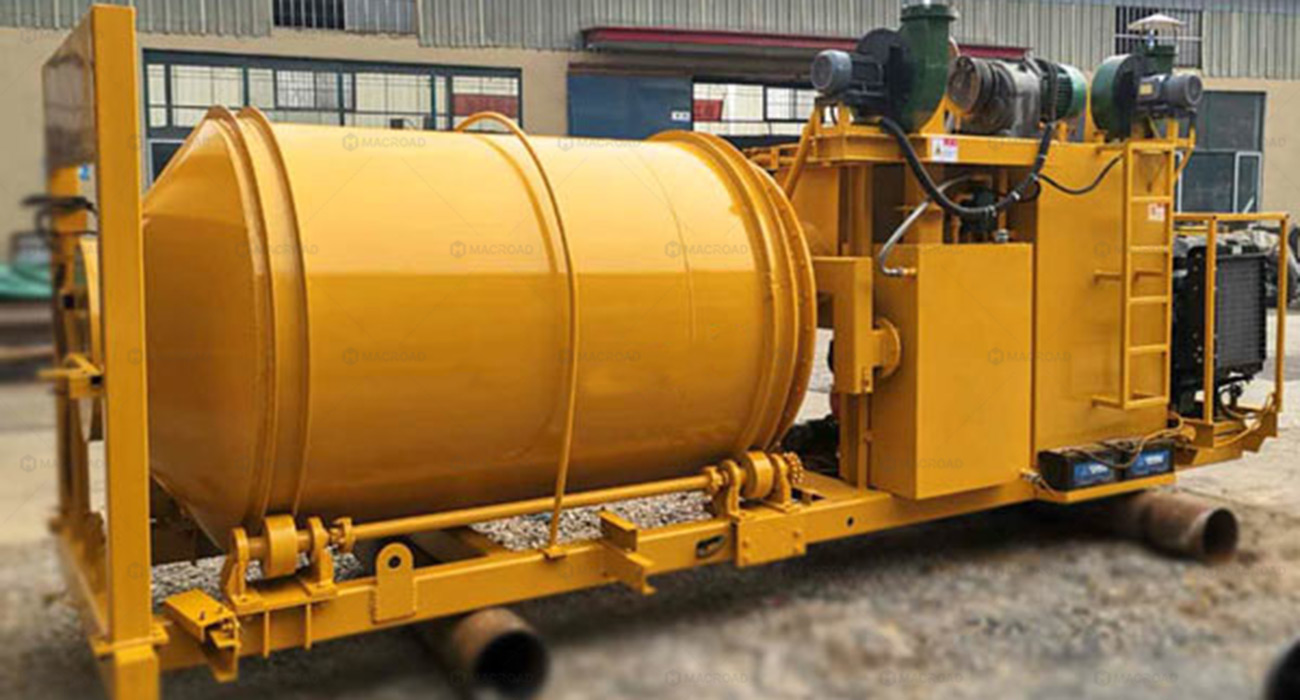
Ensuring Consistent Quality Across Multiple Units
One of the critical challenges when using multiple small-scale asphalt mixing plants is maintaining consistent quality in the asphalt mixtures produced by each device. Variations in equipment performance, operator skill levels, and mixing techniques can lead to quality fluctuations that may affect the overall project.
To mitigate this risk, it’s essential to standardize operating procedures across all asphalt mixer machine. Providing comprehensive training for operators ensures that everyone follows the same mixing protocols, thereby minimizing discrepancies. Additionally, implementing quality control measures, such as regular testing of the asphalt mixtures, can help identify and rectify any inconsistencies promptly.
Moreover, integrating technology into the production process can enhance quality assurance. For instance, using automated monitoring systems can provide real-time feedback on the mixture’s temperature and composition, allowing for immediate adjustments as needed. This level of informatization not only supports consistent quality but also aids in dynamic management of raw material inventory.
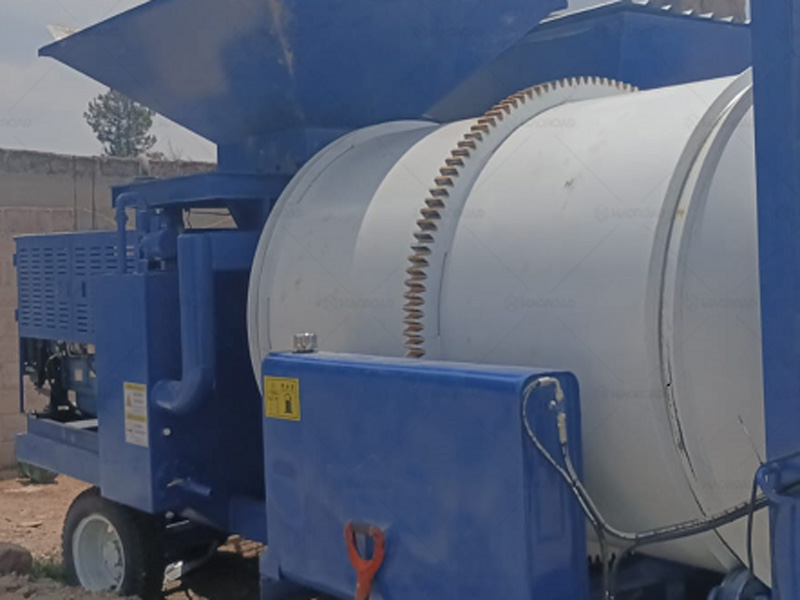
Requirements for Equipment Compatibility and Project Management
The production mode that involves combining multiple small and portable asphalt plant necessitates specific requirements for equipment compatibility and the informatization level of project management. Ensuring that different devices can interface effectively is critical for seamless operation. This may involve standardizing connections and communication protocols between various asphalt mixer machines to facilitate smooth collaboration.
Furthermore, the informatization level of project management plays a pivotal role in coordinating production. Real-time monitoring of production progress is essential for making informed decisions and adjustments. Implementing a comprehensive project management system that tracks raw material usage, production rates, and equipment performance can significantly enhance operational efficiency.
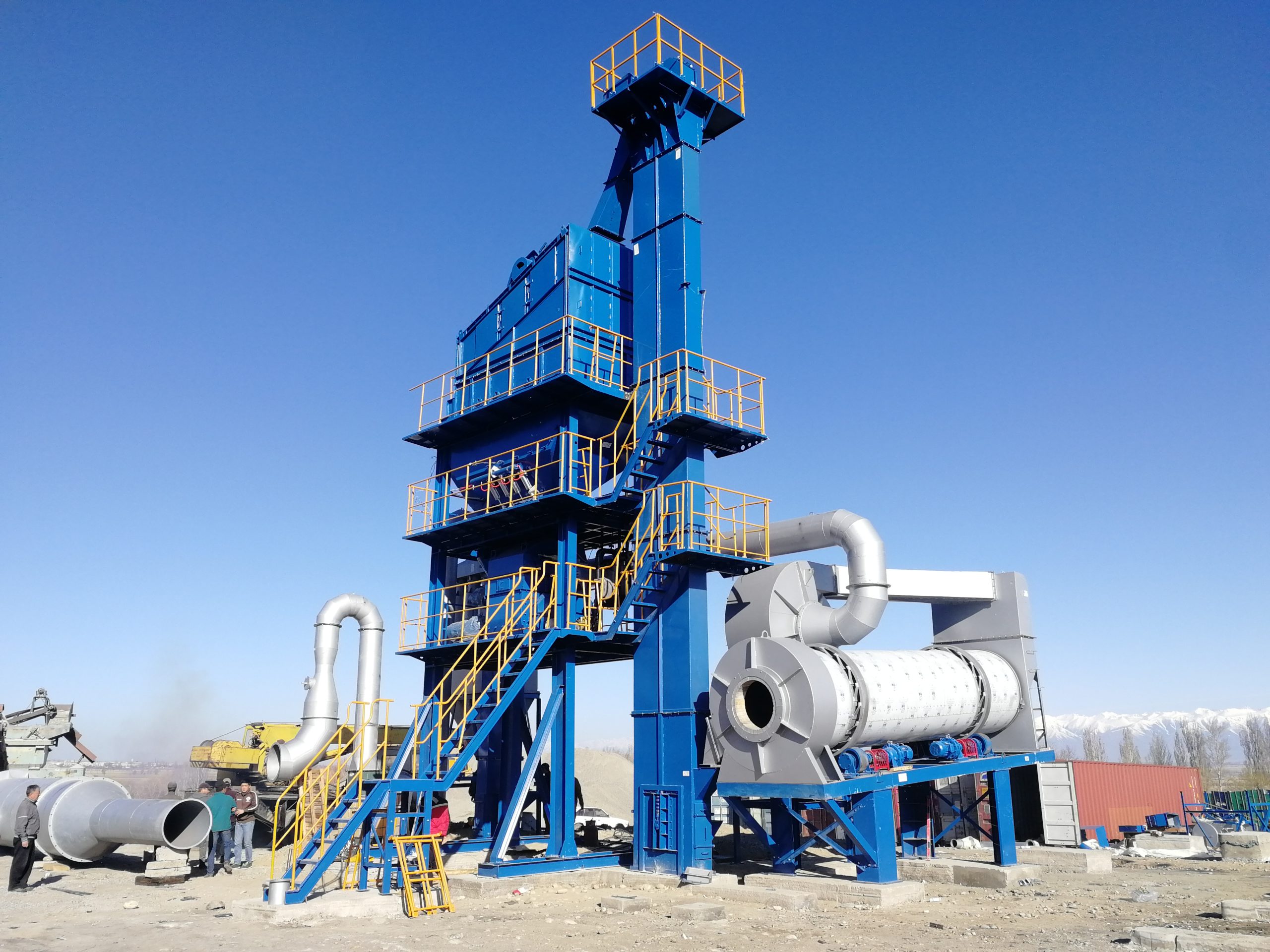
Challenges and Countermeasures in Production Organization
Compared to using a single large-scale device, organizing and coordinating production across multiple small plants presents unique challenges. The complexity of managing several units requires careful planning and communication to ensure that all components work harmoniously.
One effective countermeasure is to assign dedicated teams to oversee the operations of different asphalt mixing plant minis. These teams can focus on specific tasks, such as monitoring raw material supply or managing transportation logistics, thereby reducing the likelihood of errors and improving overall coordination. Regular meetings and updates can also keep all team members aligned with project goals and timelines.
In conclusion, enhancing production efficiency in asphalt mixing plant minis and portable asphalt plants involves strategic equipment combinations, optimized material transportation, and rigorous quality control measures. By effectively managing these elements, project managers can meet the diverse needs of small-scale repairs and large-scale pavement laying, ensuring timely project completion. As demonstrated by companies like Macroad, adopting a comprehensive approach to production organization can lead to significant improvements in efficiency and quality across asphalt production operations.